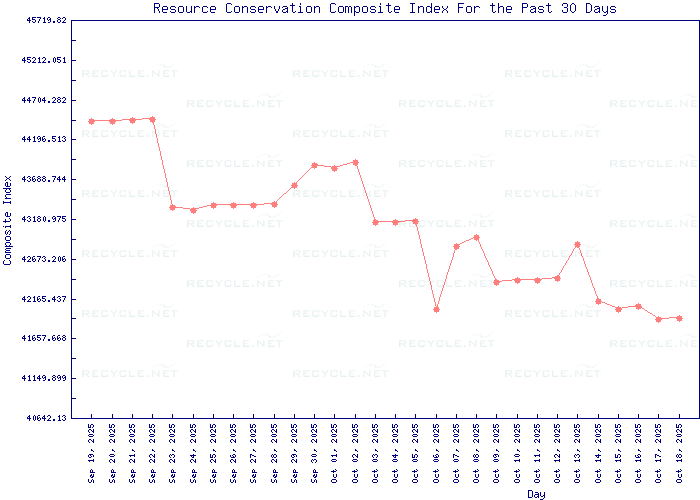
Resource Conservation
The management of resources, Resource Conservation wholistic view.
Human resources, physical resources, economic or capital resources.
The 4 R's Strategy provided a traditional guideline to understand a wittel down approach to waste minimization.

Linear Economy
The traditional view of the economy has been linear and it has been socially acceptable
to reap the quickest economic benefit by performing an activity associated
with a resource without assuming the
ultimate responsibility for the disposition of the resource or its by-products
In a linear economy a chain of resource extraction, manufacturing, distribution, consumption and
end of life disposal has been typically practiced,
where ownership of the resource changes hands at each step in the chain.
At the end of the line there is no one that claims ownership and therefore
no one is responsible for the end of life liability.
Our collective environmental footprint may be reduced through Product Stewardship
and the extended producer responsibility for managing the end-of-life (EOL) of a product's life cycle.
Circular Economy
The Circular Economy takes a more wholistic view of Resource Conservation,
accepting ultimate responsibility for the management of all the resources that they touch
throughout the recourse life cycle.
A resource centric responsibility for all the related facets of the resource, Human resources, physical resources, economic or capital resources
throughout the resource life chain.

Environmental concern about
climate change and the awareness that the
combustion of fossil
fuels emits
greenhouse gases(GHG)
is driving a growing effort for energy conservation and resource conservation.
The concept of becoming
carbon neutral by the voluntary adoption of a green
lifestyle has begun to take hold. The creation of
carbon offset credits
allows a new way to think about or value our impact on the world around us.
Conservation of resources by recycling is not a new idea, but its relevance is in a state of reevaluation.
RecycleNet has taken a pioneering step by introducing the
Recycling Offset Credits (ROCs)
program.
The recycling of
used vegetable oils UVO to convert into
Bio Fuel
or Bio Diesel is one area we have seen grow.
Check-out the Resource Conservation Composite Index
